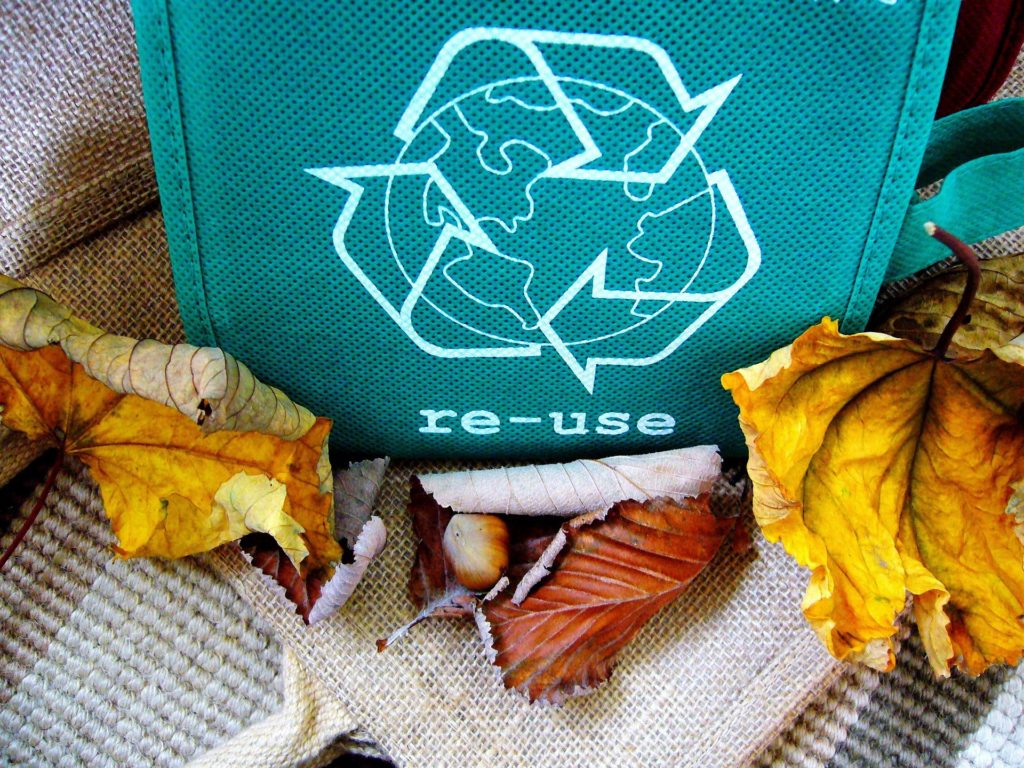Improving the collection and disposal of plastic materials and objects is one of the most important goals in the industry. Technological innovations are certainly crucial, but much also depends on all of us as consumers.
In fact, our Are you R team has believed said that it is essential to know plastic well in order to use it and above all to differentiate it by sending it for proper recycling, a fundamental action to preserve the environment.
In this context, it is also particularly important to spread knowledge about plastic recovery projects, in order to increase awareness on this essential issue.
We have therefore decided to inaugurate the new year of our blog with a collection of the most recent innovative projects on plastic recycling, so that they can serve as an incentive towards its even more effective recovery.
Increasing collection and improving plastic waste transport
Plastic packaging is too valuable to be wasted!
This is the motto of PlasticCircle – a major project funded by the European Union’s Horizon2020 programme.
The aim is to increase the separate collection of plastic materials and improve their transport, in order to make the packaging recycling more effective.
In this way, not only are plastic waste collection rates increased through the use of innovative optical sorting technologies, but valuable recycled plastic products can be produced, contributing in a concrete way to creating virtuous circular economy systems.
A chain to recycle not-packing hard plastics
The PLASMARE project – PLASTICS FOR NEW MATERIALS THROUGH ENVIRONMENTALLY SUSTAINABLE RECYCLING – financed by the Ministry for the Environment, Land and Sea, has as its primary objective the identification of a sustainable process for the management of household waste represented by not-packing hard plastics.
Thanks to PLASMARE, however, it can be recovered through recycling, reducing its impact on the environment and promoting eco-design.
The reuse of secondary raw materials obtained in new production cycles will also be encouraged, applying industrial-scale methodes for optimal waste recycling and the production of new products.
Recovering and recycling plastics from the oceans
12 employees, 55 fleets and 80 active fishermen from one side of the ocean to the other – these are the important figures of Ogyre, an Italian start-up that recovers plastic from the sea to recycle it.
Thanks to fishermen from Italy, Brazil and Indonesia, plastic waste is recovered from the oceans and turned into useful clothing and accessories. This initiative has great value in preserving the seas, one of the main sources of plastic pollution.
For instance, you can make a swimming suit with 2 kg of material, a bag with 1 kg, as the founders tell us.
Ogyre’s main strength, besides its great contribution to sustainability, is above all its monitoring. When the fishermen go out to the sea, they already make an initial sorting of the fished plastic waste and hand it over to the employees who are in charge of carefully monitoring each activity, taking care of the reuse of the material or its proper disposal.
All partner companies are assigned a fleet and a personal page on the site, which they can access to keep track of the status of the boats and the kilos of plastic collected in real time. The project partners include big names such as Unipol, which has collected an impressive 11,000 kilos of plastics!
Increasing plastic material recyclability
Is it possible to design plastics that can keep their properties intact and at the same time ensure greater recyclability? According to the University of Constance, yes, it is.
A team of professionals has in fact worked to create a new material similar to high-density polyethylene (HDPE) that is able to present excellent quality properties at a mechanical level, particularly interesting for industries in the sector, while at the same time being environmentally friendly as it can be more easily recovered in the recycling process.
The recyclability of this new type of plastic will be the object of further studies, but possible applications can already be glimpsed, especially in 3D printing and packaging.
We are curious to know how this interesting project will evolve.
A major European initiative for plastic recycling
It is called REPurpose and is a major EU-funded project, bringing together 10 partners from seven European countries, plus an associated partner from the UK. The aim is to be a turning point in tackling PET recycling, increasing the circular value chain of plastics.
REPurpose aims to develop the production of a prototype platform of safe, sustainable and additive-free thermoplastic elastomers through the recycling of post-consumer waste, intended for the production of goods, automotive applications, building and construction.
This will result in new materials with intrinsic properties of high recyclability, which can be more easily used to make a wide variety of products.
These projects are further proof that a true circular economy for plastics is possible.
And much already starts in our households – let’s not forget that!

